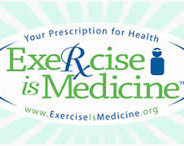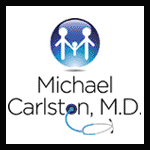
A recent review of studies comparing exercise as medicine to prescription medication got some attention, but it deserved more. One of the authors (John Ioannindis) is the “god” of such critical analyses. A few years ago, there was even an interesting article about him in the Atlantic Magazine. Imagine that, a researcher as pop star!
A 2005 article he wrote, Why Most Published Research Findings Are False, was a landmark for medicine. My favorite comment in that article was:
Moreover, for many current scientific fields, claimed research findings may often be simply accurate measures of the prevailing bias.
He likes to “stir the pot”, but thoughtfully. So, when Dr. Ioannindis’ name is on an article, the medical community pays attention.
The recent exercise review confirms my career-long approach to medicine. It has taken FAR too long, but I am enjoying another victory dance with the appearance of this article. What was so cool about it? What make me so overjoyed? Soak in this sentence from the abstract:
Although limited in quantity, existing randomised trial evidence on exercise interventions suggests that exercise and many drug interventions are often potentially similar in terms of their mortality benefits in the secondary prevention of coronary heart disease, rehabilitation after stroke, treatment of heart failure, and prevention of diabetes.
That’s “mortality”, i.e. “life or death”. So, exercise is as good or better than drugs at saving people’s lives. Exercise is medicine. That is awesome! However, the life-enhancing power of exercise is not factored into that. Exercise is medicine, but it is also the best medicine. If you exercise, you are going to feel better and live longer. Other studies have shown that cancer patients live longer and better if they exercise.
This recognition is powerful, but comprehending that exercise is medicine just scratches the surface. Exercise is only one of the essential health habits (much more about those in my upcoming book). From my experience, as well as studying the limited research we have on these habits, I can tell you that they are each powerful and, in combination, they change people’s lives like nothing else can.
